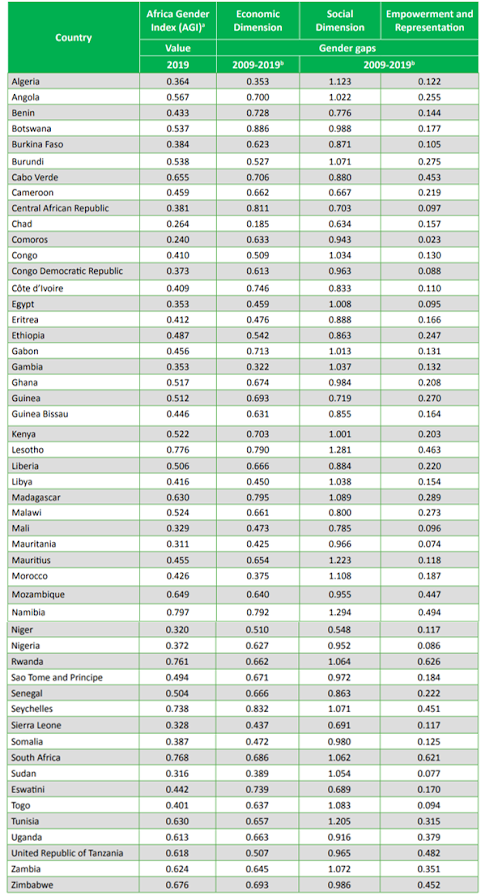Water and Gender: Is there a link?
At first glance, you may think what has gender got to do with water? Water issues are faced by both men and women, right? This blog will investigate some water issues in the context of African development with a focus on gender to reveal some of the often-underrepresented challenges that are exclusively posed on women. Through aspects from provision to management of water this blog will reflect how water is far from gender neutral.
Why water and gender?
The right to safe access to water is globally recognised as a core human right and yet 1 in 3 people live without safe access to water (WHO, 2019).
In efforts to address the gendered reality of water management and development, the United Nations proclaimed 2005-2015 the ‘International Decade for Action: Water for life’ followed by 2018-2028 being named the ‘Water for Sustainable development’ decade in efforts to promote sustainable development recognising that:
“As women play a central role in water provision and management, a special emphasis will be placed on ensuring the participation and involvement of women in these development efforts…” (Bennett, 2008)
Global attention to water remains steadfast, and this is apparent through the sustainable development goals(SDG’s), an agenda set out to be achieved by 2030 which connects ‘water, sanitation and hygiene (SDG 6) and gender equality and empowerment (SDG 5) through target 6.2, emphasises access to sanitation and hygiene, particularly for women' (Kayser et al., 2019).
In many parts of the world, women feel the clack of access to water, sanitation and hygiene (WASH) has direct implications on their livelihoods and personal wellbeing, as well as wider implications on both domestic and agricultural aspects (Khandkeret al, 2020) which will be discussed in greater detail through this blog.
 |
Image: Northern Mali: Women from the Ourate Alaye Tem village make a 4 day trek into neighbouring Burkina Faso for water(AlJazeera, 2013). |
Why Africa?
According to a WHO-UNICEF joint monitoring programme (2017), Africa has the lowest proportions of national populations with access to safe water. This will be further exacerbated by the combination of climate change inducing high climate variability and by the projection that 50% of global population growth between now and 2050 is expected to occur in Africa (United Nations, 2019). Therefore, understanding how water and gender are linked can be a crucial step towards envisioning ways to help improve access to water and work towards sustainable development.
I hope this introduction has given you
a little background on why it is necessary to develop an insightful
understanding of the intrinsic relationship between water and gender and I look
forward to sharing my exploration of this topic through this blog with you.


I think how you have engaged the reader at the start of your post by raising a set of questions. Your post also sets out the context and significance of your blog (as a whole) and draws attention to the importance of your future posts. I would encourage you to continue to post more regularly so that we can read more about 'why water and gender in Africa'.
ReplyDeleteSome general remarks, ensure all of your references have a hyperlink. Increase the font and image size to aid readability.
(GEOG0036 PGTA)